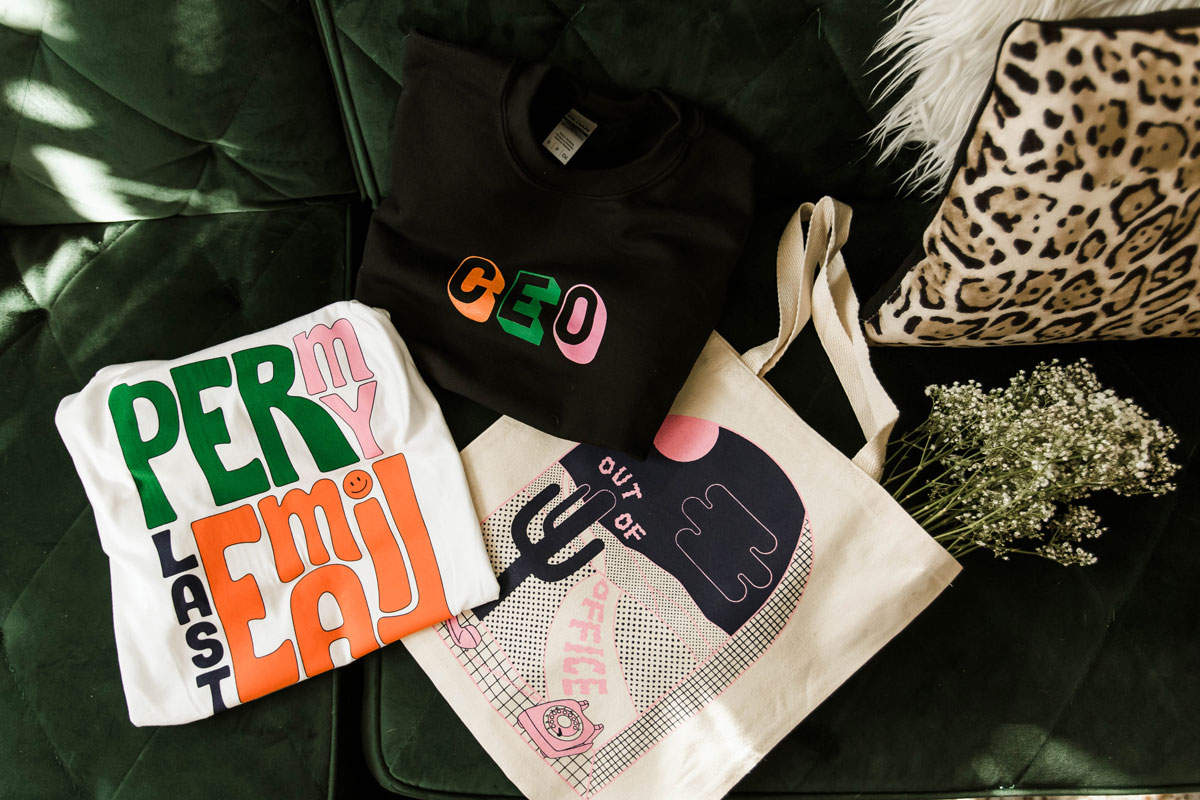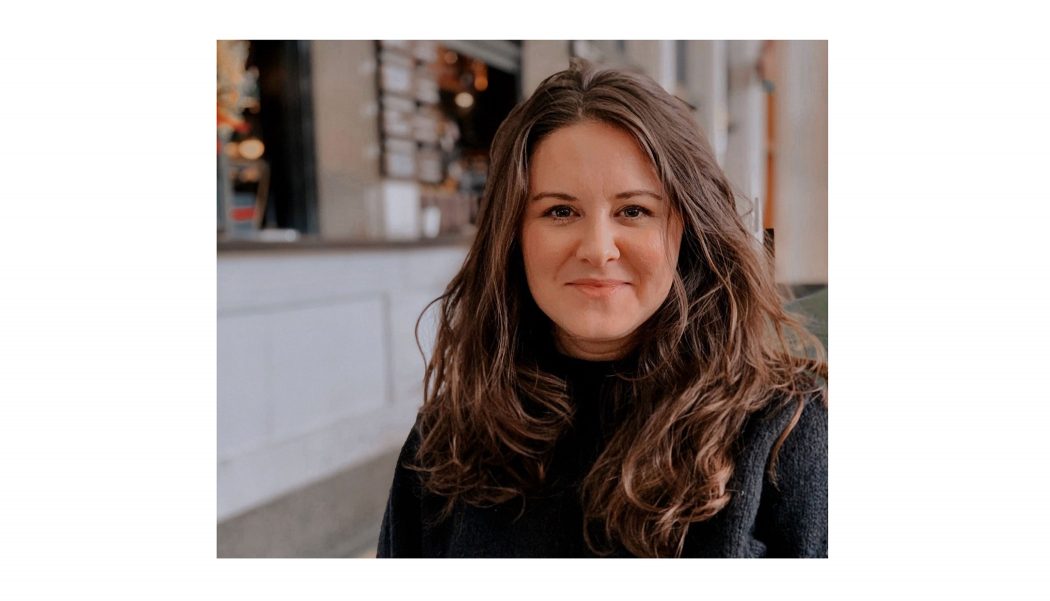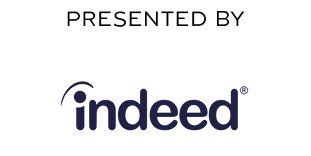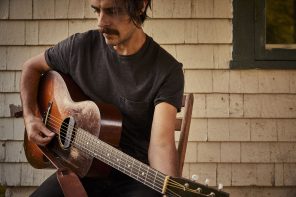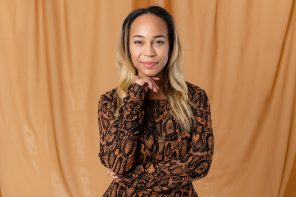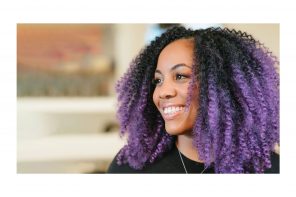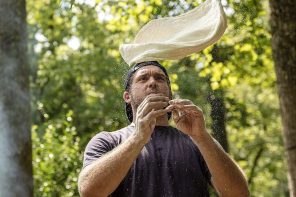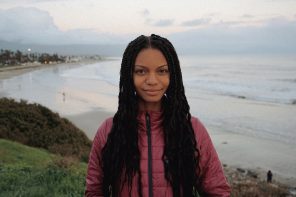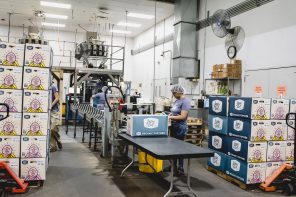It’s not necessarily a dirty word
You’ve heard it before. Take your lunch break and make it a real break. Avoid the trap of scarfing down microwaved leftovers while hunched over your laptop. Maybe read a chapter of a trashy novel or that one weird gardening book you found at a garage sale, catch up with a friend, take a walk and spend a little time with the guy in the park who lets pigeons crawl all over him—whatever it takes to reclaim a little time for yourself. Resetting and recharging are as important to your productivity as GSD blocks. And opportunity might pay you a visit when you aren’t expecting it at all. One such break from work might lead your right into the next big step in your life. Sometimes “hustle” meets “what’s the rush?” and good things happen. Take founder and CEO of Babes Who Hustle, Chelsea DuDeVoire, whose lunch break ultimately became a platform she created to help women support other women in the workplace. A resource for networking, connection, opportunities, inclusivity with an emphasis on taking care of you.
We chatted with Chelsea on what the word hustle means in 2021 and how connecting women to opportunities across all industries became her passion project.
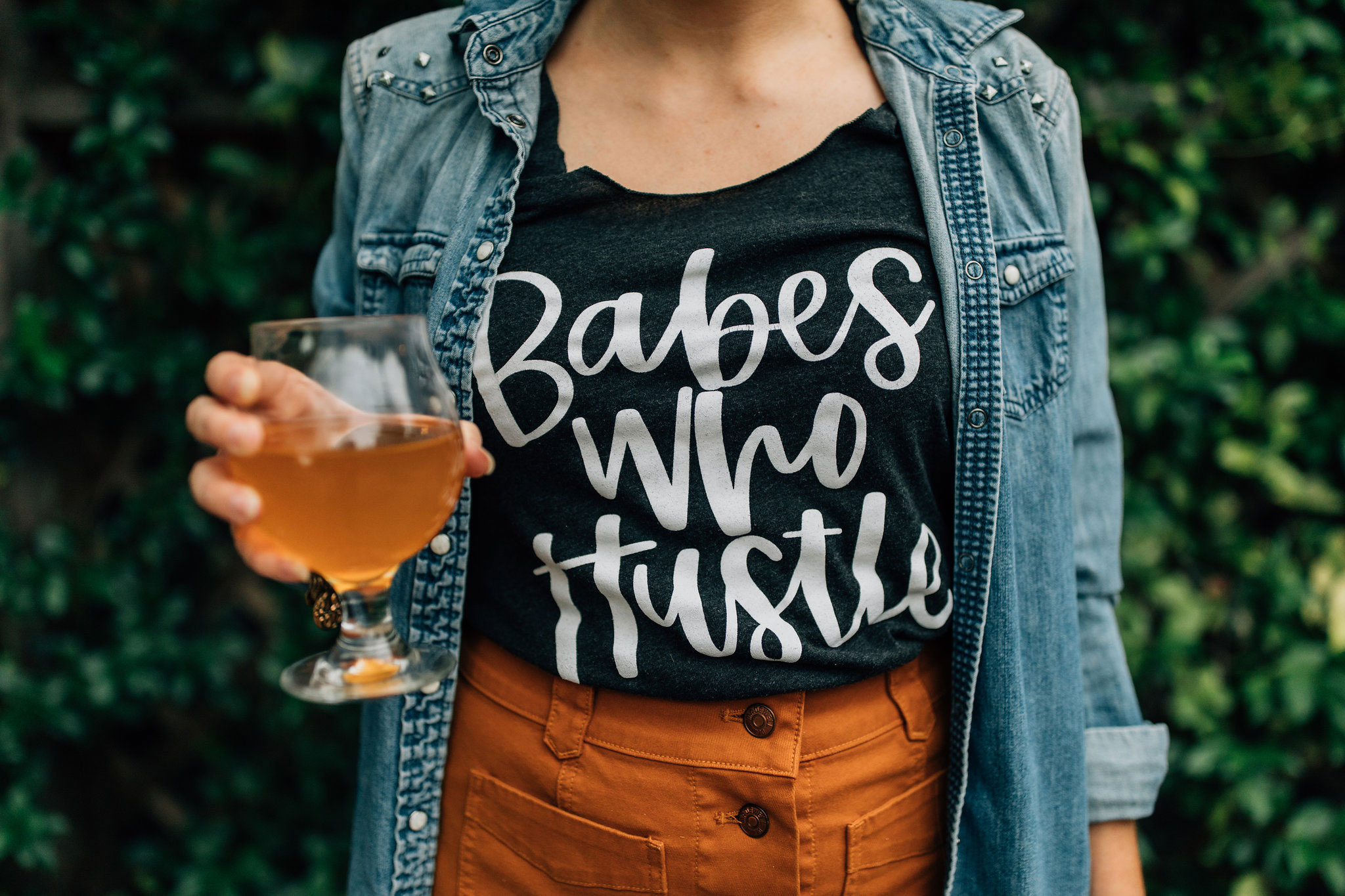
What did you see that was lacking in the space for women’s networking that inspired you to create Babes Who Hustle?
Chelsea: At the time [Fall 2016], there were a ton of emerging platforms focused on entrepreneurial women and women business owners in particular, but I felt there was a huge lack of focus on what the careers of the “everyday woman”—the bartenders, the baristas, the fitness instructors, the school teachers, the healthcare providers—looked like. I wanted to use my background in editing, writing, account management and social media to provide a platform that shared stories everyone could relate to on some level—not just those at the top of the “corporate ladder” or those who identified as their “own boss.”
It’s cheesy as hell, but I really do believe that we all have way more in common than we give each other credit for.
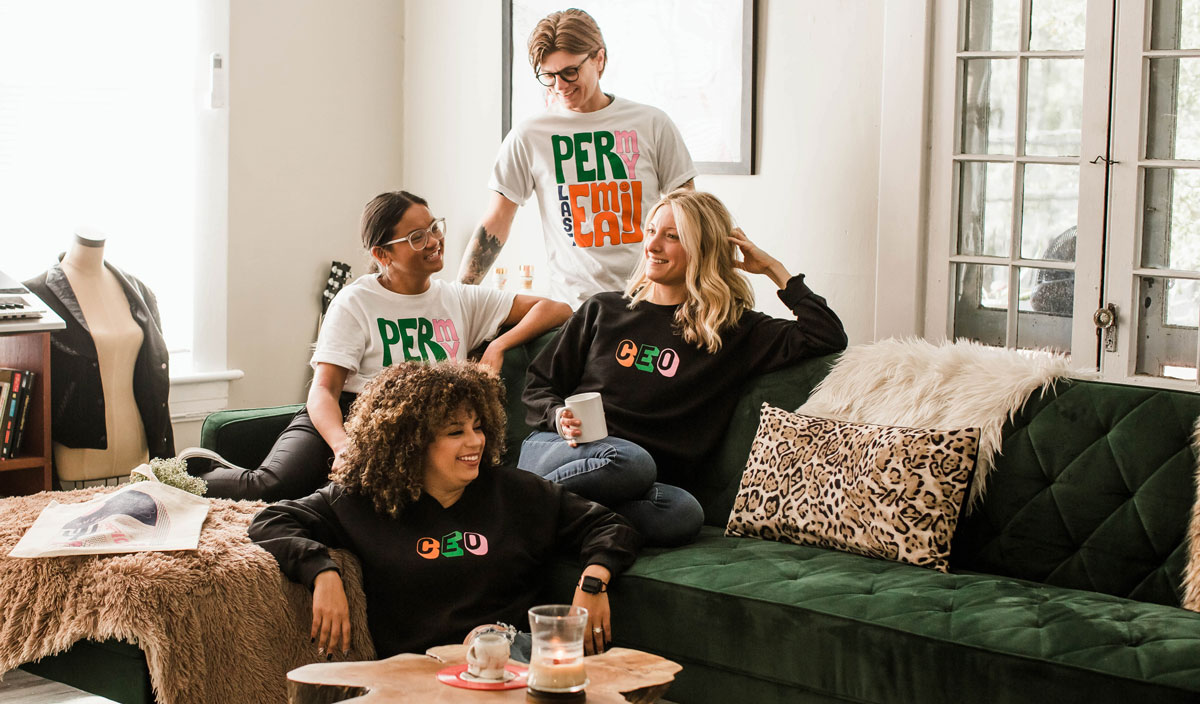
Was there a particular event that inspired the idea of BWH?
Chelsea: The idea for Babes Who Hustle came during a random lunch break at my first full-time, post-grad job. I worked for an environmental engineering firm, and my skillset and passions weren’t being particularly utilized in my day-to-day. To be clear, I’m incredibly grateful for that job and all of the doors and opportunities it helped open for me, even though it wasn’t my favorite. I’m also a big proponent of the idea that not every job is supposed to be our favorite job.
But I was having a pretty typical millennial meltdown-slash-existential crisis, questioning whether or not the place I was at was really what I’d worked so hard to achieve, and—very naively—terrified that I’d be stuck there for the remainder of my career trajectory.
I formulated the idea for BWH as a platform where I could basically learn from, and share the stories of, women in various stages of their careers—whatever those careers may be. I knew I had friends and colleagues who entered fields and roles they hadn’t anticipated or even studied for, and I was really searching for the “success stories,” big and small, of folks who had risen above, and made the most of, the career paths they were on.
I did this with two main objectives: to serve as a creative outlet that would potentially reach others in my position, and to help me figure out what the hell I would do with my career moving forward. Little did I know, I was creating the career of my dreams in the process.
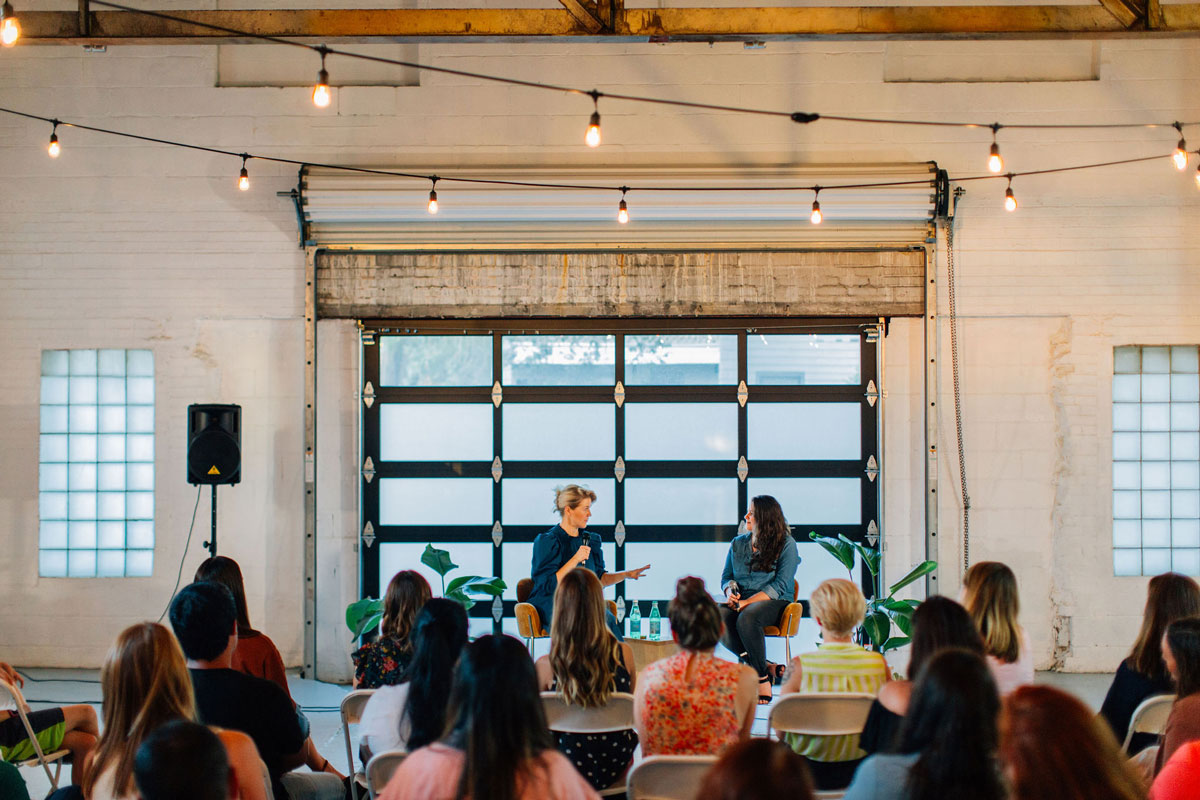
What’s the past year been like for managing a small business and wanting to help others manage theirs?
Chelsea: That’s a hell of a question! Running a platform that specifically spotlights folks for their careers—in a time where no one’s job was safe or secure—was difficult to navigate for sure. Like everyone, we had to do a lot of pivoting (for lack of a better word) which included restrategizing our content plan, doing a hard stop on all in-person events, and dreaming up new ways to uplift and connect with our community—virtual book club meetings, supporting local nonprofits, and rolling out cheeky pandemic-inspired merchandise, etc. Of course, our team and board members—very much including myself—were also dealing with some pretty big obstacles in our own careers and personal lives, so I tried, and am still trying, my hardest to approach everything one day at a time, at a pace that makes sense for us.
What do you look for in the humans you spotlight?
Chelsea: We really look for a solid mix of folks from different career paths, backgrounds and perspectives when vetting through our nominations—and, to be honest, I tend to gravitate towards those who haven’t always had the easiest path to success, but rather, worked hard to create their own. We also try, through the questions we ask our interviewees and the content we create, to promote the pursuit of a life outside of the office—whatever that may look like. So “well-rounded” women—whether they ride motorcycles for fun, have kiddos at home, or are traveling the world in a van—always stick out to us. We never want our content to promote the message that work should be our number one priority, focus and talking point all the time—because it absolutely shouldn’t.
We also get super excited when stories about less commonly spotlighted jobs are sent our way. Hello beekeepers! Opera singers! Construction workers! Tattoo artists! Cannabis scientists! Dolphin trainers!
What is the feeling you’d like your platform to convey to your audience?
Chelsea: Oh man, I really like this question. I’d love for people to take away the feeling of connectedness, in one way or another, from our content. It’s cheesy as hell, but I really do believe that we all have way more in common than we give each other credit for, and our team aims to spotlight that through the conversations we have. I’m always proud when our content sheds light on parts of people’s stories that they might not have had the opportunity to publicly share before. I think there’s so much power in being vulnerable, and I’m honored we get to be a small conduit for people to achieve that.
The only way we can create more equal, uplifting spaces for women is to acknowledge and dismantle the paradigms and systems that support, encourage and often reward inequality.
—Candice Cook Simmons
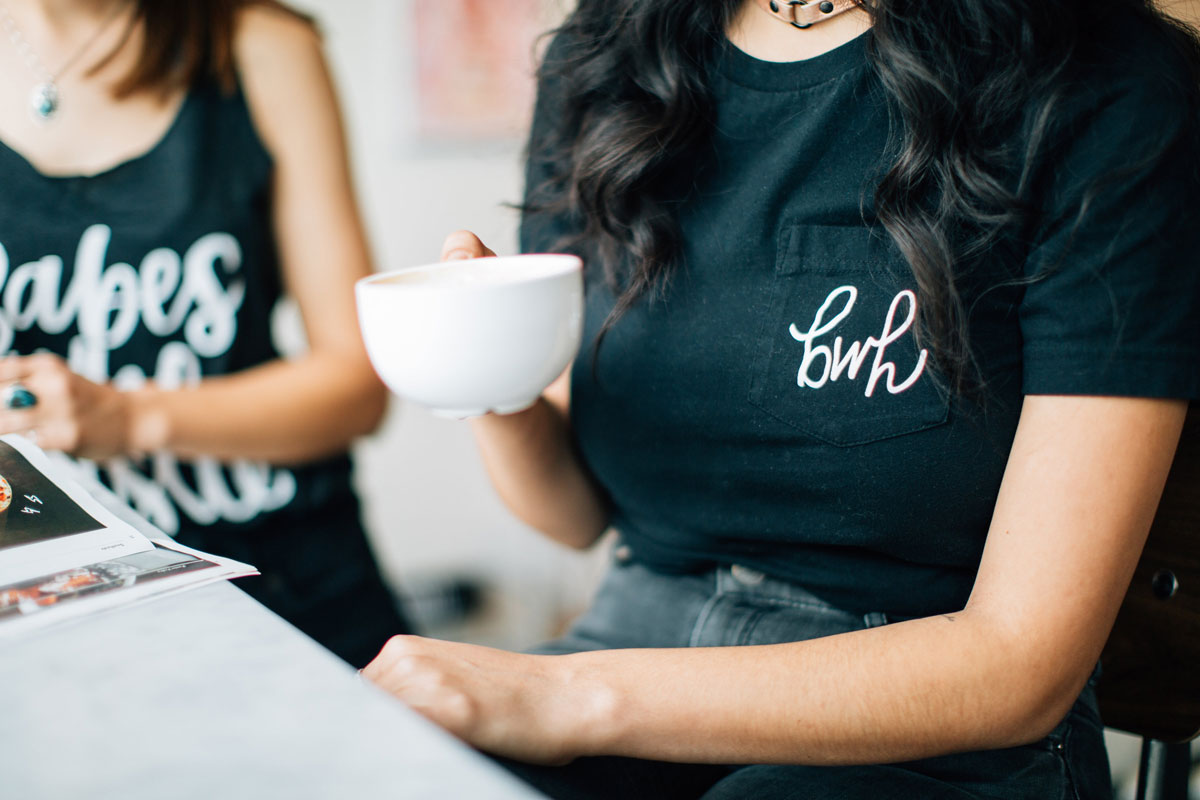
What’s something that has evolved in the lifespan of babes that has given you hope for women in the workplace?
Chelsea: Hah. So I started BWH in the middle of Trump’s first presidential campaign, and I’d be lying if I said the timing was a coincidence. While I still don’t believe we’re anywhere near where we should be in terms of workplace equity—for one, it will take another 100 years to achieve gender equality based on our current rate of progress, according to Global Gender Gap Report of 2020—I do believe we’ve made slow but steady progress nonetheless. It’s hard to quantify exactly what that’s looked like in the four years BWH has been in business, but the obvious silver linings of the Trump era are that it resulted in more women entering politics and running for office, created an uprising of conversations surrounding the #metoo movement, called for feminism to be intersectional or not at all, and of course, ended with the first woman of color to be placed on a presidential ticket and then elected as Vice President. Collectively, those moments have given me a whole lot of hope for where we’re headed.
What are some productive measures you’ve seen or gleaned from your interviews that anyone can take to advocate for women and LGBTQ+ in the workspace?
Chelsea: A quote from our 2019 interviewees, Candice Cook Simmons, comes to mind: “The only way we can create more equal, uplifting spaces for women is to acknowledge and dismantle the paradigms and systems that support, encourage and often reward inequality.” Advocating for intersecting identities in the workplace can come in many forms: i.e. mentoring other women, holding leadership accountable for giving women, people of color, and folks in the LGBTQ+ community a seat at the table, encouraging women to use their voices and take up space, adjusting policies like family leave, healthcare and accessibility to mental health resources, and ensuring company values are reflected in the hiring processes they have in place.
Also, if you can, put your dollars toward other organizations actively doing the work in your communities. For us, that’s looked like supporting JASMYN, The Women’s Center of Jacksonville and Rethreaded, three women-led organizations doing incredible work for LGBTQ+ youth, sex trafficking survivors and sexual assault survivors in the Jacksonville, FL community.
Something impactful from a featured human that consistently sticks with you?
Chelsea: I had the opportunity to interview a friend, Suzi Rothstein, back in 2017. She was an incredibly talented hospitalist and physician, and was someone who lit up every room she entered and made a mark on every conversation she had. After realizing her dream of finally becoming a doctor, she ended up dying by suicide in 2018 due to mental health struggles and physician burnout. The last line of her interview is something I think about regularly: “Never settle. You will spend more than half your waking life working, so pursue something that excites you every day.”
How can we redefine the word hustle?
Chelsea: There have been a lot of conversations surrounding the word “hustle” since I chose it as part of the business name in 2016. Most of its criticism comes from the idea that “hustle culture” pushes the narrative that we should be overworking; that our lives should revolve around our work. I think we’ve done a pretty good job at redefining what the “hustle” can look like at BWH: working hard to achieve personal and professional growth while striving to maintain a healthy balance between our lives and careers. “Hard work” doesn’t have to be a negative thing unless we allow it to be.
